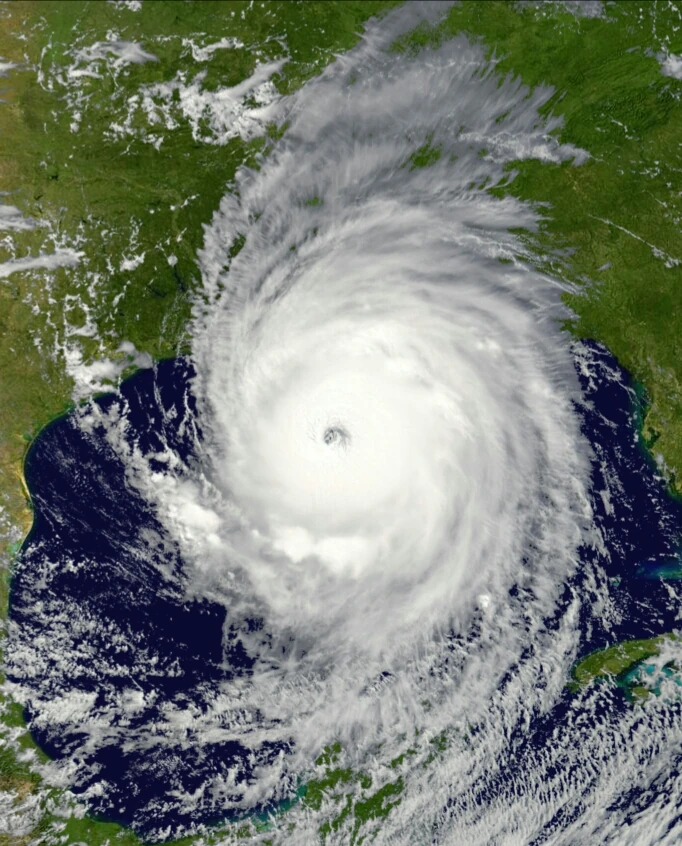As the CNN anchor was about to introduce another segment on another hero in the aftermath of Hurricane Harvey, music began to play in the background.
It was almost imperceptible–so conditioned are we to expect this kind of artfully packaged reporting in the wake of so-call “natural” disasters. The  intent is hardly disguised: “human interest” stories like these are meant to restore our faith in the basic decency of humans. And to boost advertising revenues for the network.
intent is hardly disguised: “human interest” stories like these are meant to restore our faith in the basic decency of humans. And to boost advertising revenues for the network.
The cynic might say the latter is more important to network executives but we viewers reliably–storm after tragic storm–give them the data they need to keep at it. We consume these stories, are moved to tears by them (the music helps with that), and grant our permission again and again to be manipulated in such easy, overt ways.
To say this isn’t to denigrate the selflessness of ordinary people who often go to extraordinary lengths to help the vulnerable in times of crisis. (But maybe we could stop saying that Texans–or North Carolinians or West Virginians or whoever–are the very best at this; it’s not a competition and no one group has a monopoly on goodness).
The problem is what these stories of individual heroism do in aggregate, especially when they are accompanied by the rhetoric of “we’ll bounce back,” “we’ll be stronger than ever,” “this storm won’t defeat us.” They can misdirect our gaze to where we need to be looking most intently, with continual vigilance and no little righteous anger: at policies and programs and political institutions who bear direct responsibility for making the effects of naturally-forming hurricanes much worse than they would otherwise be.
We have known for a long time that emissions of heat-trapping gases are increasing the probability and intensity of heat waves, record rainfall, and storm surges. It doesn’t take rocket science (it’s climate science, Mr. President, and it’s real) to know that warmer oceans create more severe hurricanes.
We have known for a long time that easing restrictions on building in low-lying, flood-prone areas is to court environmental disaster which is to create social chaos. The explosive growth in Houston in the last few years is a sobering parable for our time: when you allow developers to pave over acres of prairie and pasture land that once absorbed large amounts of rainwater, you are responsible for a level of devastation and misery and loss of life that is staggering, and much of it avoidable.
When you have more than 1300 chemical plants, as Texas does, many of them in low-lying coastal areas susceptible to flooding, you get what happened last Thursday: the Arkema plant in Houston lost power, lost back-up generator power, took on six feet of water–all of which caused highly flammable organic peroxides to catch fire. The company had recently pressured federal regulators to delay new safety regulations, and the Trump administration obliged.
And when you have persons in control of agencies and institutions who deny the settled science on climate change, who actively undermine measures to ensure safety, you get, for example, an EPA chief whose entire public career has stood in opposition to the mission of the agency he now heads. Old news, I realize, and so bizarre as to be laughable, but the power being wielded, mostly in secret, is chilling to contemplate, breathtaking in its reach.
And so these agencies and institutions and the media that unwittingly conspire with them would have us focus on personal acts of charity rather than on corporate acts of injustice. It is a twisted reality of our time that affluent America has an interest in maintaining unjust social structures which create victims on whom we can lavish our charity. The poor as social project.
But justice comes before charity. The prophet Amos, after all, did not say, “Let charity roll down like mighty waters.”
So while we are, rightly, admiring the generosity of rescuers in motor boats, may we also, with vigilance and righteous anger, speak truth to power, saying loud and clear that justice is called for here. And justice, simply, as one prophetic voice of our time has put it, is “to sort out what belongs to whom, and return it to them.”
September 4, 2017 at 7:35 am
Your thoughts and words are so spot on! At times I’ve felt so hopeless watching this administration systematically undo everything that has been put in place to help our country move forward. Keep writing and inspiring!
On Sun, Sep 3, 2017 at 7:01 PM Intersections: Thoughts on Religion, Culture, and Politics wrote:
> debradeanmurphy posted: “As the CNN anchor was about to introduce another > segment on another hero in the aftermath of Hurricane Harvey, music began > to play in the background. It was almost imperceptible–so conditioned are > we to expect this kind of artfully packaged reporting ” >
September 4, 2017 at 1:28 pm
Thank you!